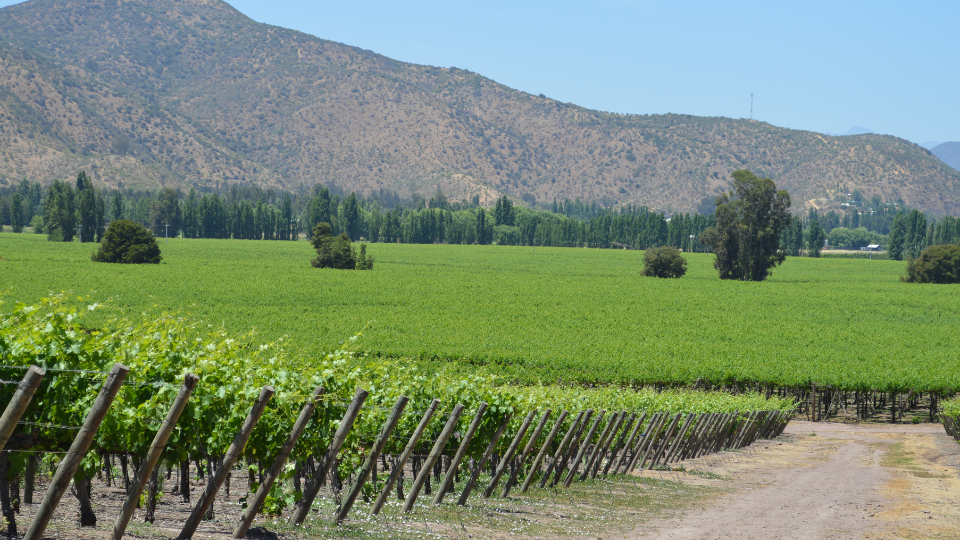- Sustainability
- December 4th, 2023
Viña Concha y Toro bring forward its goal of net zero emissions by 10 years
The company pushed forward its voluntary commitment to achieve net zero emissions by 2040 instead of 2050, thanks to the work it has done in recent years.
In 2019 Viña Concha y Toro committed to the Science Based Target initiative to reduce its absolute Scope 1, 2 and 3 emissions (direct and indirect) by 55% by 2030 and reach net zero emissions by 2050. Four years later, thanks to the progress made in this period, the company reported that it had cut its target by 10 years: 2040 now looks set to be the year when the company will have no net emissions.
This goal, incorporated in the holding company’s sustainability strategy “Uncork a Better Future”, is aligned with the Science Based Targets Initiative (SBTi) and the level of decarbonisation necessary to avoid global warming above 1.5°C. The company also adheres to the Business Ambition for 1.5ºC and Race to Zero, an initiative born out of COP25.
The company reduced its emissions by 35% in five years by the end of 2022, the latest verified measurement available. Data for 2023 will be available next year.
Thus, the holding company’s carbon footprint is 53% lower than the global industry average (IWCA, 2022).
This performance allowed us to visualise that we can make a greater contribution to climate change mitigation, explained Valentina Lira, Viña Concha y Toro’s Sustainability Manager. “After 5 years of progress with SBT, we thought it was a good time to renew our commitment to reduce our emissions, with the aim of contributing to a more sustainable future. This anticipation of the goal is fully aligned with the company’s strategy. As a B Company, our charter incorporates the goal of generating positive and regenerative impacts for our society and our planet”.
The management to reduce emissions started several years ago with a focus on our own emissions as well as those of our suppliers. On this path, for example, the transformation of our energy matrix, which today for the holding company is 100% renewable energy, has been fundamental. It has also been important to work with some of our main suppliers and thus reduce our indirect emissions, for example, by addressing packaging or reducing the weight of the bottles.



